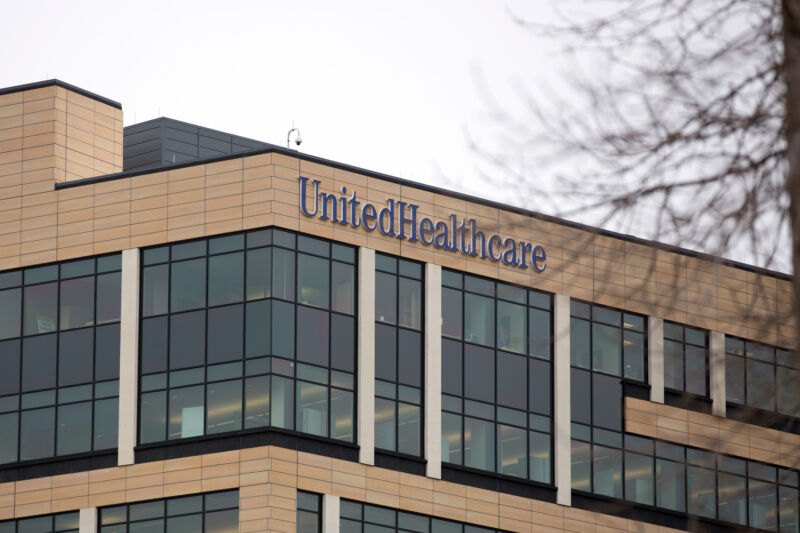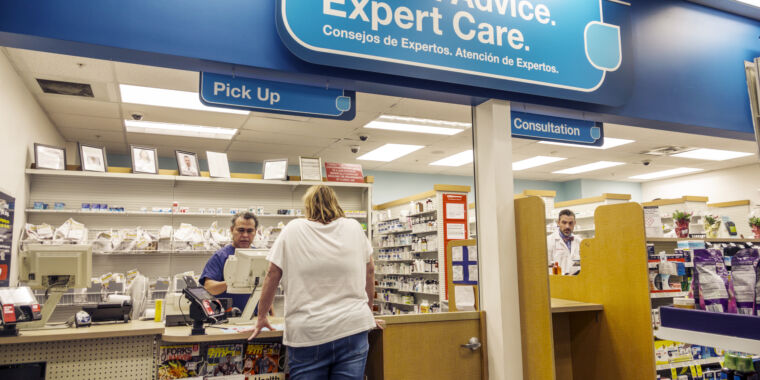US prepares for bird flu pandemic with $176M Moderna vaccine deal

The US government will pay Moderna $176 million to develop an mRNA vaccine against a pandemic influenza—an award given as the highly pathogenic bird flu virus H5N1 continues to spread widely among US dairy cattle.
The funding flows through BARDA, the Biomedical Advanced Research and Development Authority, as part of a new Rapid Response Partnership Vehicle (RRPV) Consortium. The program is intended to set up partnerships with industry to help the country better prepare for pandemic threats and develop medical countermeasures, the Department of Health and Human Services said in a press announcement Tuesday.
In an announcement of its own Tuesday, Moderna noted that it began a Phase 1/2 trial of a pandemic influenza virus vaccine last year, which included versions targeting H5 and H7 varieties of bird flu viruses. The company said it expects to release the results of that trial this year and that those results will direct the design of a Phase 3 trial, anticipated to begin in 2025.
The funding deal will support late-stage development of a “pre-pandemic vaccine against H5 influenza virus,” Moderna said. But, the deal also includes options for additional vaccine development in case other public health threats arise.
“mRNA vaccine technology offers advantages in efficacy, speed of development, and production scalability and reliability in addressing infectious disease outbreaks, as demonstrated during the COVID-19 pandemic,” Moderna CEO Stéphane Bancel said in the announcement. “We are pleased to continue our collaboration with BARDA to expedite our development efforts for mRNA-based pandemic influenza vaccines and support the global public health community in preparedness against potential outbreaks.”
US health officials have said previously that they were in talks with Moderna and Pfizer about the development of a pandemic bird flu vaccine. The future vaccine will be in addition to standard protein-based bird flu vaccines that are already developed. In recent weeks, the health department has said it is working to manufacture 4.8 million vials of H5 influenza vaccine in the coming months. The plans come three months into the H5N1 dairy outbreak, which is very far from the initial hopes of containment.
Botched response
The US is badly fumbling its response to the unprecedented outbreak, drawing criticism from US-based and international experts alike. Genetic analyses suggest that the virus has been spreading among the country’s dairy cattle since late last year. But, it wasn’t until months later, on March 25, that the US Department of Agriculture confirmed the first four infected herds in two states (Texas and Kansas). Since then, the outbreak has spread to around 140 herds in 12 states—at least.
Some farms are refusing to test, and experts expect that there is a significant number of undocumented herd infections, particularly given the widespread detection of inactivated H5N1 in the commercial milk supply. Further, of the 140 herds with documented infections, federal officials do not know how many are still actively infected rather than recovered. It is unclear if infected cows can become reinfected, and if so, how quickly after an infection.
While the risk to the general public is considered to be low currently, farm workers are at higher risk of contracting the infection. To date, there have been three confirmed infections among dairy farm workers—one in Texas and two in Michigan, which has had a uniquely robust response to the outbreak. Still, with hundreds to thousands of farm workers at risk of contracting the virus, only 53 people in the country to date have been tested for H5 influenza.
In a presentation in London last month, global health leader Seth Berkley said it was “shocking to watch the ineptitude” of the US response to the H5N1 outbreak. He, like other experts, questioned whether the US public health community has learned or improved from the failures of the COVID-19 pandemic.
Similar to problems during the pandemic, a key barrier to the H5N1 response is resistance from farmers and farm workers to partner with state and federal health officials. Federal agencies have limited authority within states, but they have announced an array of assistance programs for dairy farms, including compensatory funding and access to personal protective equipment for farm workers. They have also issued guidance and restrictions to tighten biosecurity measures. But there has been little voluntary participation on both fronts.
For instance, officials figured out early in the outbreak that movement of cattle, workers, and equipment between farms is the main way H5N1 is spreading among dairies. In April, the USDA required testing of a portion of cows prior to their movement across state lines. But movement within states is governed by states. In a survey last month, which captured data from 54 percent of affected farms at the time, more than 60 percent of farmers said they continued to move cattle off their infected farms after the onset of clinical signs of infection in their animals.
The more the virus expands its footprint across US dairy farms, adapts to its newfound mammalian host, and comes in contact with humans, the more and more chances it has to leap to humans and gain the ability to spread among us.
In HHS’s Tuesday announcement of the Moderna award, Dawn O’Connell, assistant secretary for Preparedness and Response, spoke to the growing concern that the H5N1 outbreak could spark another pandemic. “The award made today is part of our longstanding commitment to strengthen our preparedness for pandemic influenza,” O’Connell said. “Adding this technology to our pandemic flu toolkit enhances our ability to be nimble and quick against the circulating strains and their potential variants.”
US prepares for bird flu pandemic with $176M Moderna vaccine deal Read More »






